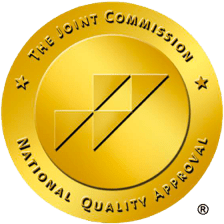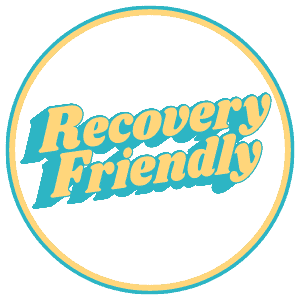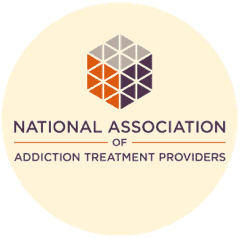The United States is in the midst of an overdose crisis that has lowered the country’s life expectancy rates. Addiction is a severe and complex condition that affects each person, family, and community differently.
The stigma of addiction prevents people from reaching out for the help they need when living with a drug and alcohol addiction. Men may be especially vulnerable to the stigma of addiction–even when facing the life-altering effects of drug and alcohol abuse.
But what is the stigma of addiction, and how does it affect men differently? Keep reading to learn more about how the stigma of addiction impacts men’s lives and how to fight it. If you or a man in your life needs addiction treatment, reach out to the addiction specialists at Next Step Recovery today to explore our programs and find support.
How Does the Stigma of Addiction Affect Men?
Research suggests that men and women face different pressures when seeking treatment for addiction and in recovery. So, how does the stigma of addiction affect men differently than women?
Here are some ways mental health and addiction experts believe men experience addiction and recovery differently.
Substance abuse tolerance
In many ways, men and women face different pressures and expectations. Generally speaking, there is less tolerance for women’s substance abuse–especially those who are parents. People may be quicker to express concern or involve outside authorities when a mother uses drugs or alcohol. This quickness to act may come from society’s view that mothers are responsible for taking care of children.
Men, on the other hand, often live in a culture seeped with messages about “powering through.” Men may assume that because they can still go to work and provide, they do not have a real problem. But addictions grow when they’re left untreated–and they become harder to heal over time.
Guilt and shame
Men often receive messages that they should be strong, in charge, and in total control of themselves. Losing control of an addiction can bring feelings of guilt, shame, and remorse. Many many don’t have positive examples of how to express these feelings or have people who can offer non-judgmental support.
Living with guilt and shame can lead people to use more substances to dull or cope with these feelings. Many men get caught in a cycle that leads to a worsening addiction and consequences over time.
Toxic ideas of masculinity
Our culture contains messages about what men should and shouldn’t be. Many men feel pressured to continuously convey strength, to avoid looking weak, and never to show vulnerability. These pervasive, toxic ideas of masculinity can prevent men from getting the help they need, leaving them to struggle alone with addiction and its consequences.
Pressure to provide
In many cases, a man’s income is the primary or only source of income. This can put enormous pressure on a man to keep going, keep pushing, and keep achieving. The stress of work and the pressure to provide can drive some men to self-medicate with drugs and alcohol, which can lead to addiction.
The pressure to provide can also keep men from going to rehab, even as the consequences of their addiction pile up. Men may fear that they will lose their job or accrue debt if they seek treatment.
There are many ways to pay for addiction treatment, including using insurance or a payment plan. Specific federal laws prevent your employer from firing you while you get the help you need, and others protect your privacy during rehab.
Misconceptions about addiction
Typical portrayals of addicted people in movies or on TV may create misconceptions about addiction. Some men may believe that true addicts are people who have lost everything–men who are homeless and drinking from paper bags on the street.
But addiction has many stages. Most people with drug and alcohol addiction can work and may be unrecognizable in public. Without treatment, though, addiction tends to grow and get worse. Understanding the signs of addiction and seeking treatment as quickly as possible is important to avoid serious, sometimes life-threatening consequences.
Many men wait to hit rock bottom before seeking help because of the stigma of addiction.
Overcoming the Stigma of Addiction to Get Help
Overcoming the stigma of addiction is challenging, but men can take steps to cut through society’s expectations and find the treatment they need. Here are some things men can do to break through the stigma of addiction:
- Talk to your doctor about your substance abuse
- Learn about addiction, treatment, and recovery
- Find a support group for people with addiction
- Find gender-specific treatment that can address your unique needs and goals
- Find an addiction counselor
- Talk to trusted friends and family about your substance abuse–even if it feels challenging
- Attend a gender-specific AA or 12-step meeting
Taking small steps can help you see that treatment is possible and that you are not alone. Learn as much as possible about addiction, research your treatment options, and find a supportive community of peers who can offer valuable support and guidance.
Find Help Now
You do not have to carry the weight of addiction alone. Reach out to the specialists at Next Step Recovery to learn about our addiction treatment programs for men. Don’t wait another day to get the help you need. Getting treatment is the strongest thing you can do. Call today.









